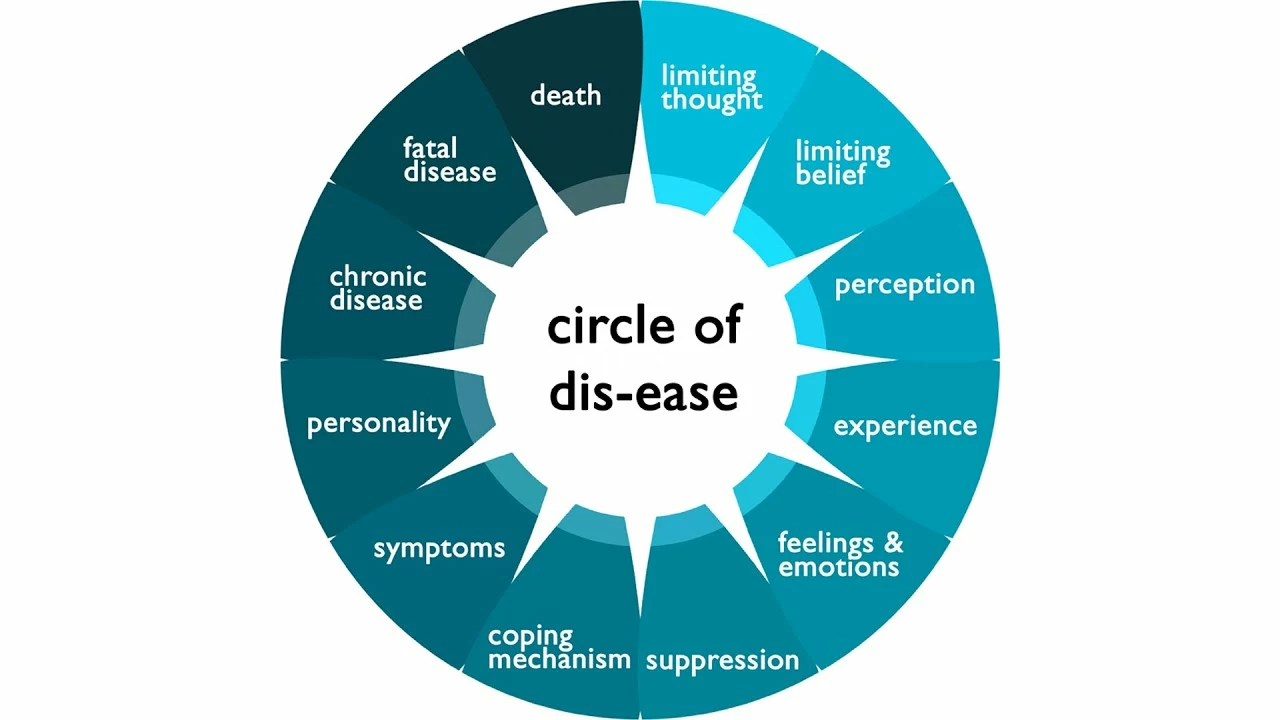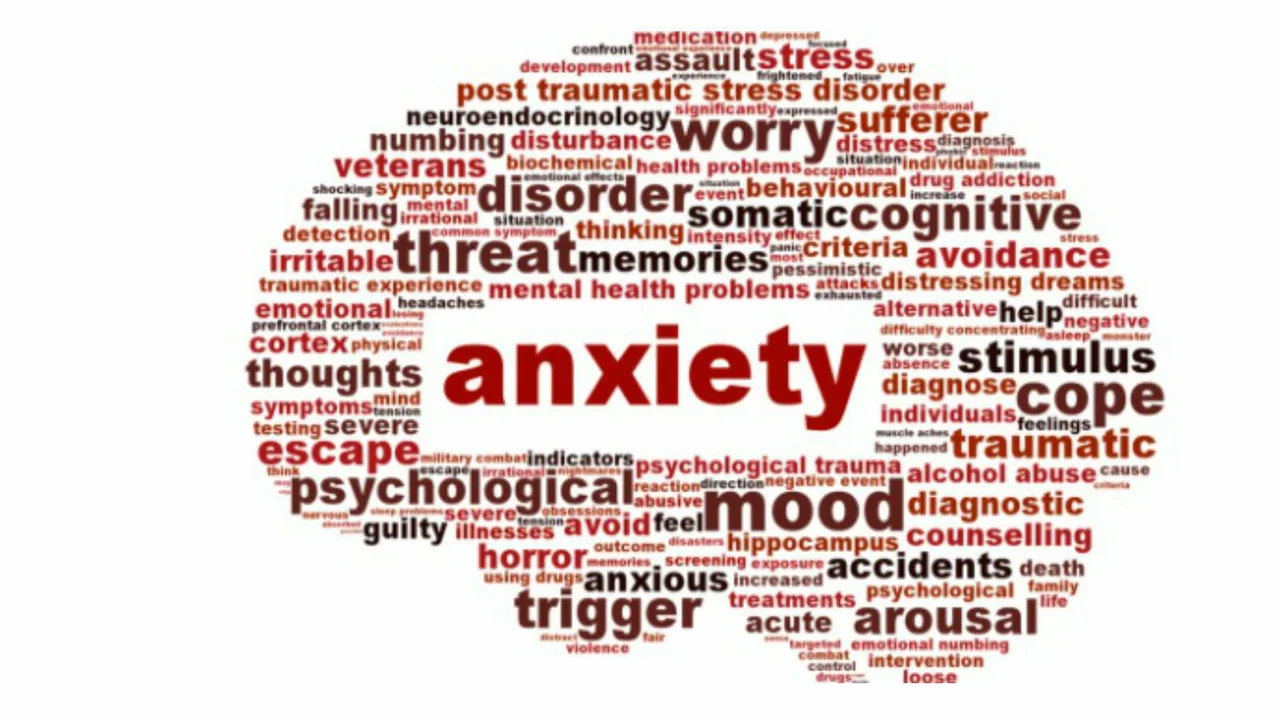Coping strategies that actually help — simple, practical steps
Feeling overwhelmed? Coping strategies don’t have to be complicated. Use quick tools to calm your body, simple routines to steady your day, and clear plans for when problems get bigger. Below are hands-on tips you can try right now and keep using long-term.
Quick tools you can use now
Breathing: try box breathing — inhale 4 seconds, hold 4, exhale 4, hold 4. Do this for one to three minutes when panic or stress spikes.
Grounding: name five things you see, four you can touch, three you hear, two you smell, one you taste. This snaps your attention back to the present fast.
Progressive muscle relaxation: tense a muscle group for 5 seconds, then release. Move from feet to head. It eases bodily tension tied to anxiety.
Micro-breaks: if you’re stuck or stressed, take a 5-minute walk or step outside. Moving or changing scenery lowers stress hormones and clears your head.
Simple distraction: a short task you can finish — make tea, fold a towel, water a plant — gives your brain a quick win and reduces rumination.
Build routines and long-term habits
Sleep: keep a consistent bedtime and wake time. Poor sleep worsens anxiety, pain, and mood. Even small improvements help.
Activity scheduling: plan one thing each day that boosts your mood — a short walk, a call with a friend, or 10 minutes reading. Regular small wins add up.
Pacing: with chronic illness or fatigue, balance activity and rest. Do less on good days so you don’t crash on bad days. Track activity for two weeks to spot patterns.
Medication and treatment: follow prescriptions, and keep a simple list of what you take, why, and when. If side effects or doubts come up, jot questions for your clinician before appointments.
Therapy and skills: cognitive behavioral techniques (CBT) help change unhelpful thoughts. If therapy isn’t available, structured self-help books and guided apps can teach basic CBT skills.
Special moments: panic attacks, seizures, or acute illness need specific plans. For panic, use grounding and breathing and remind yourself the attack will pass. For seizures, learn first-aid steps and share them with close friends — we cover seizure recognition and first aid in a separate guide.
Natural supports: some people find L-theanine, mindfulness, or certain herbal supplements helpful for performance anxiety or mild worries. Check interactions with your meds and ask a clinician before starting anything new.
When to get help: if coping tools stop working, symptoms get worse, or you think about hurting yourself, reach out to a clinician or emergency services right away. Don’t wait for a crisis to ask for help.
Try a few of these strategies for two weeks and note what helps. Small, consistent changes beat big, short-lived pushes. If you want targeted tips, check our articles on panic disorder, performance anxiety, and chronic disease management for step-by-step guides and practical checklists.






